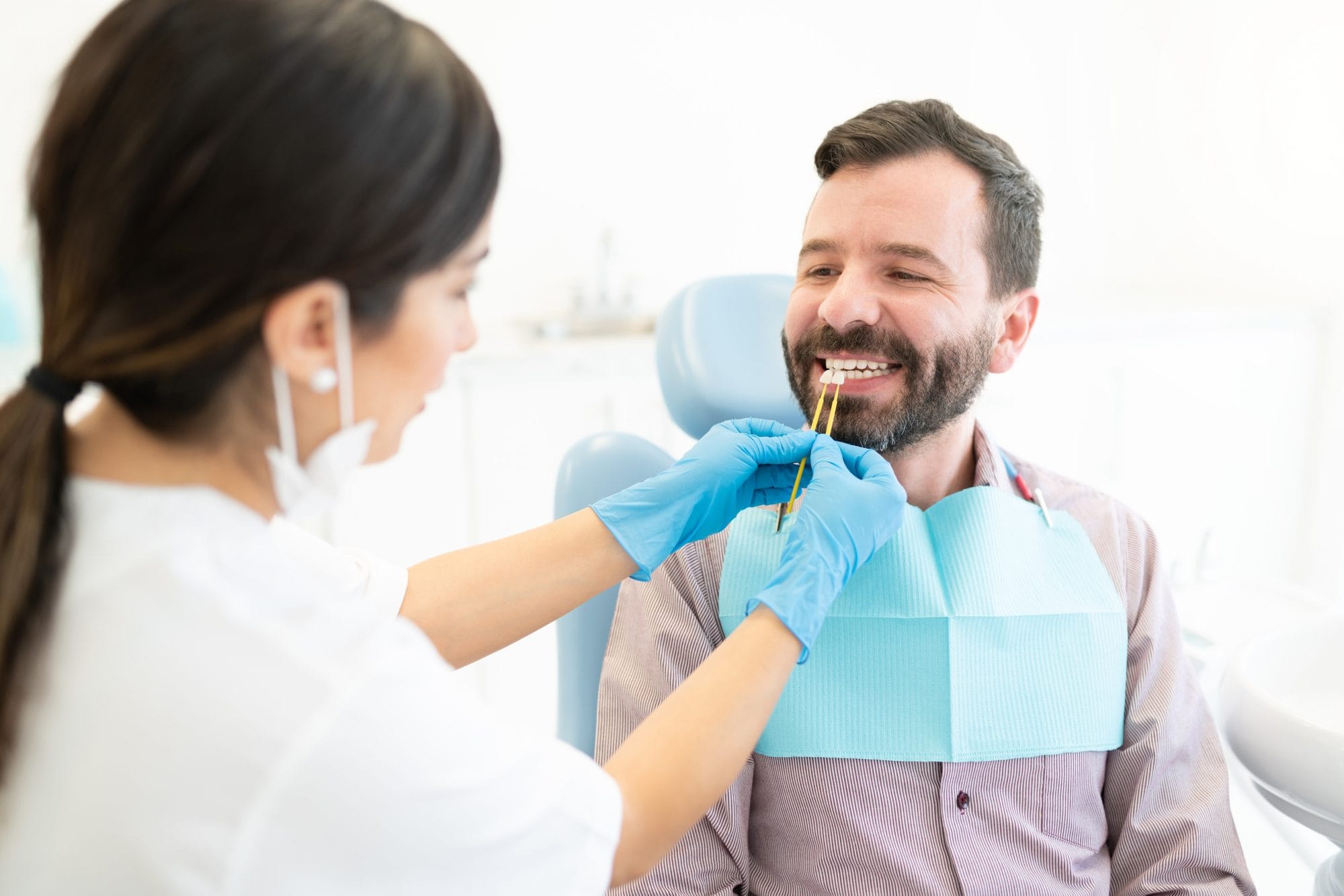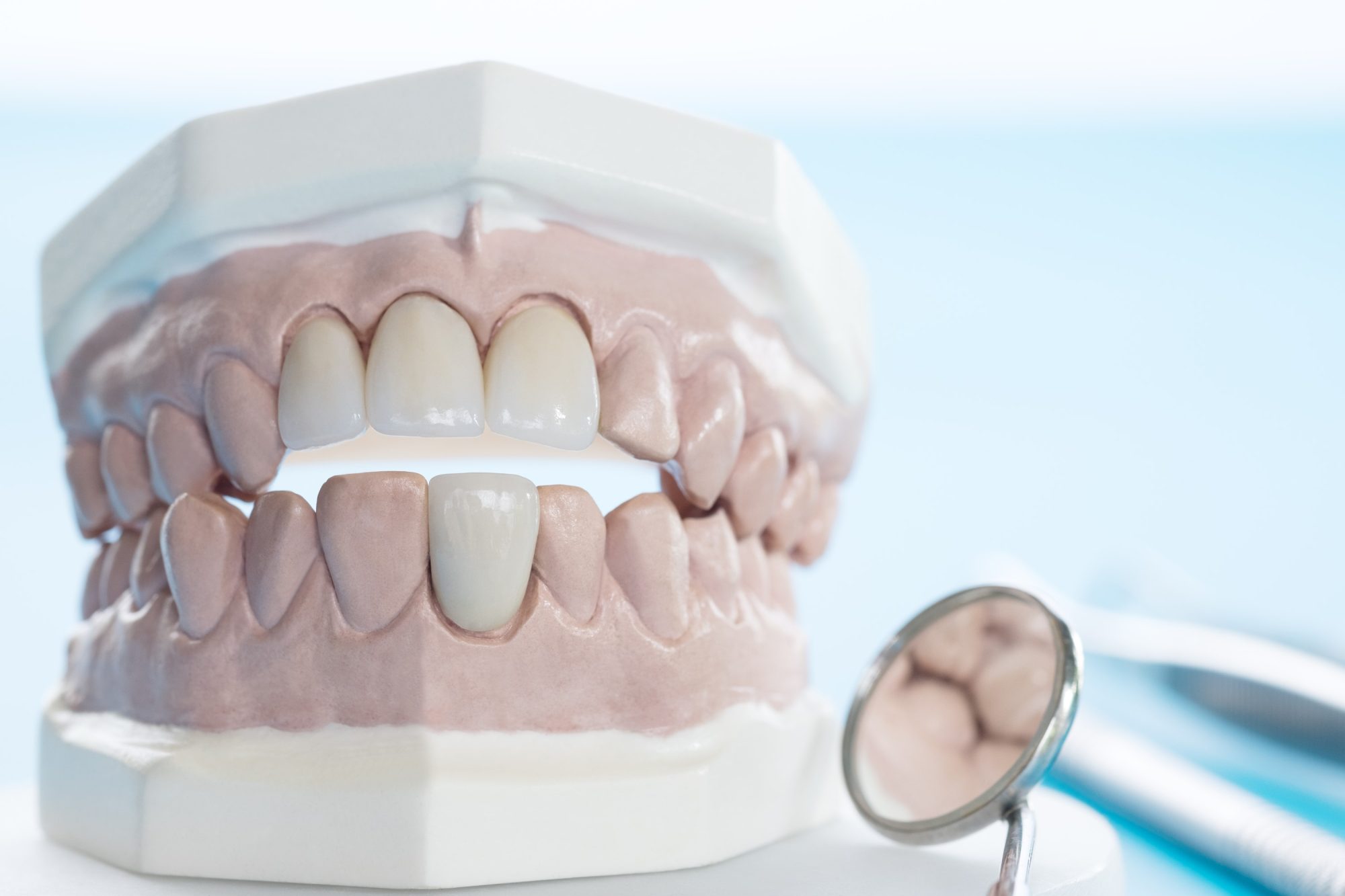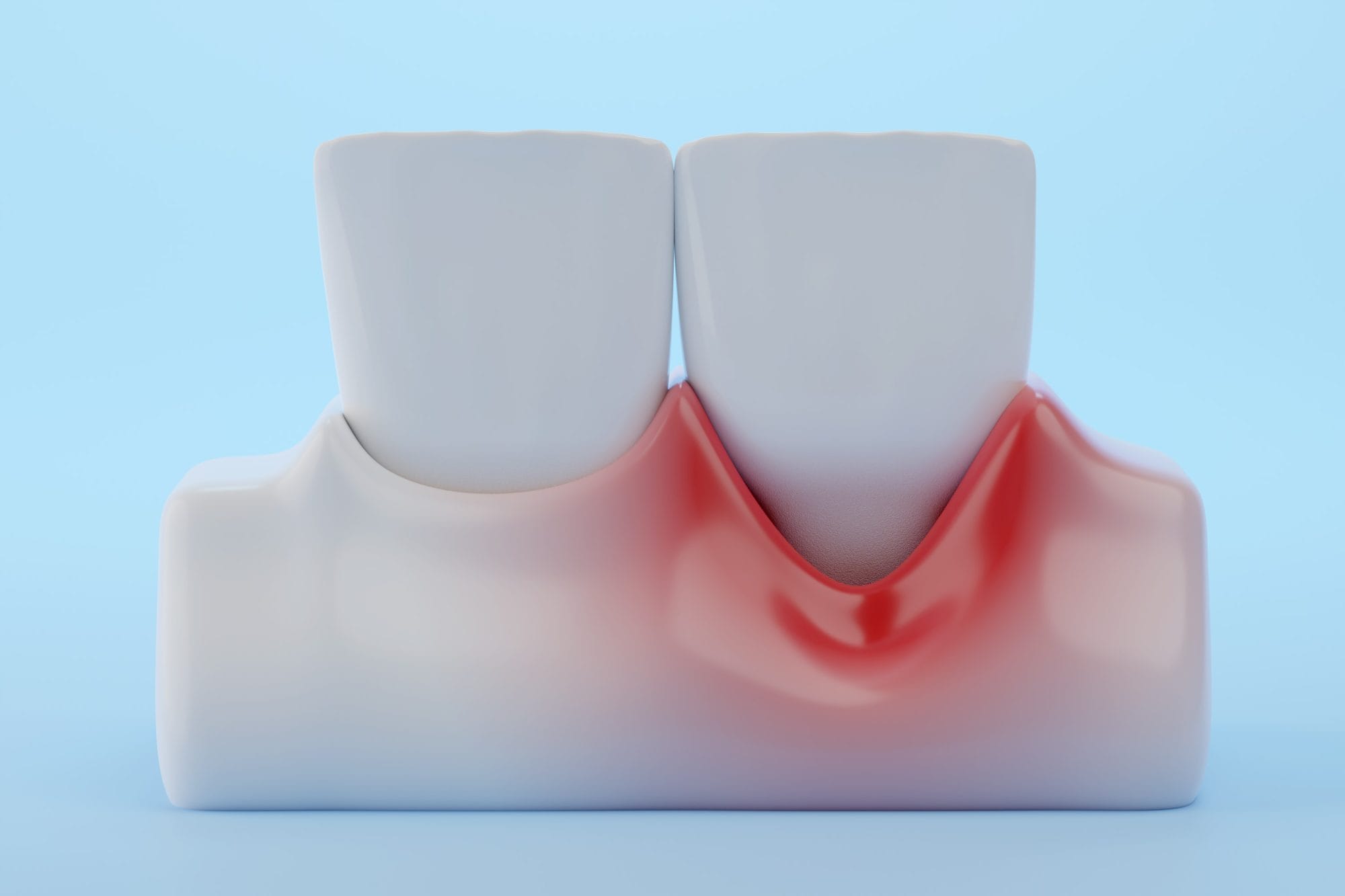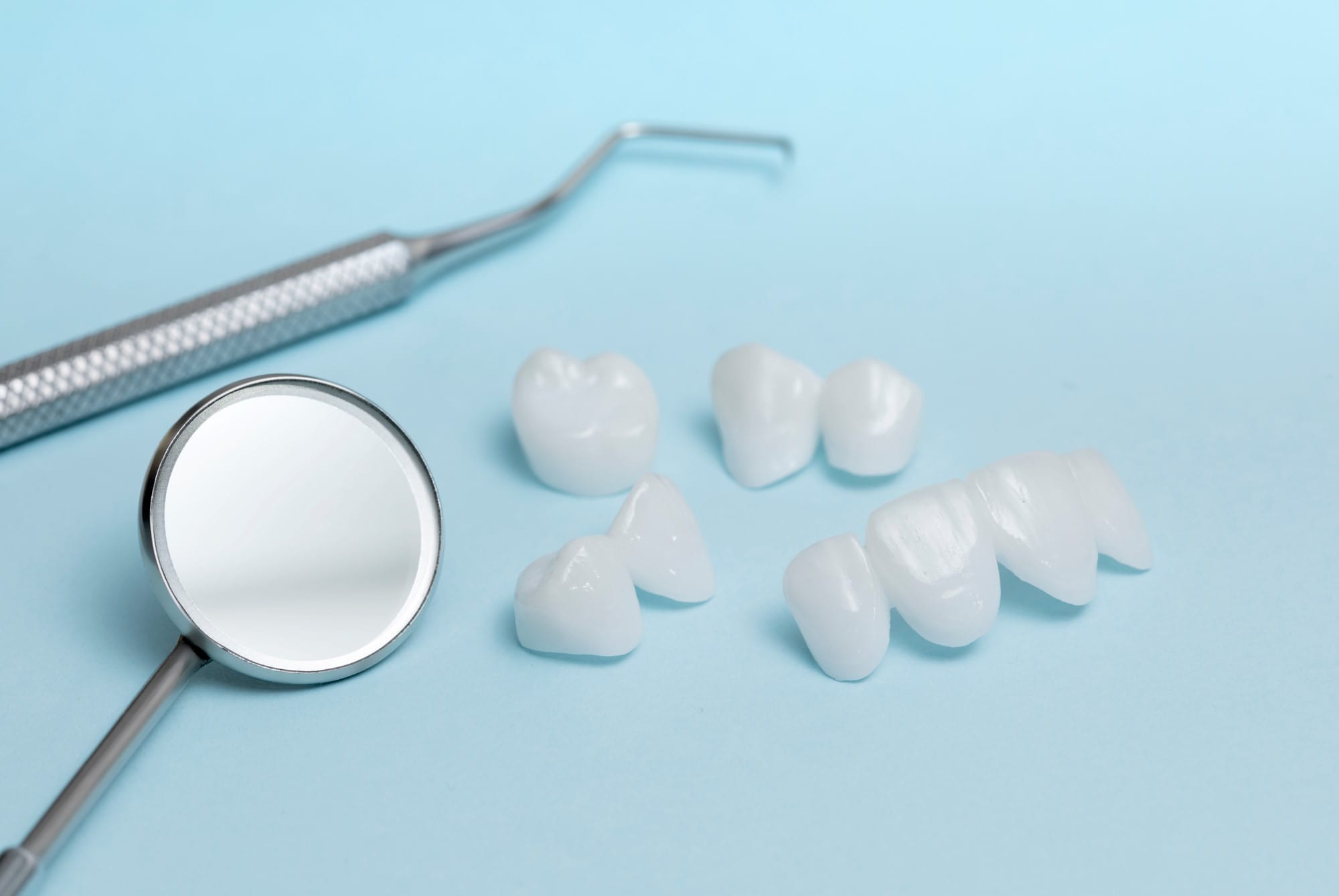From an early age, we’re taught to brush our teeth diligently every morning and evening to prevent cavities and gum disease, among other health issues. But there are now many types of electric toothbrushes on the market, ones that oscillate and vibrate, have timers, buzzers, mobile apps, and pressure sensors. Do these modern toothbrushes prevent gum disease as well as traditional brushes? And what’s the best option?
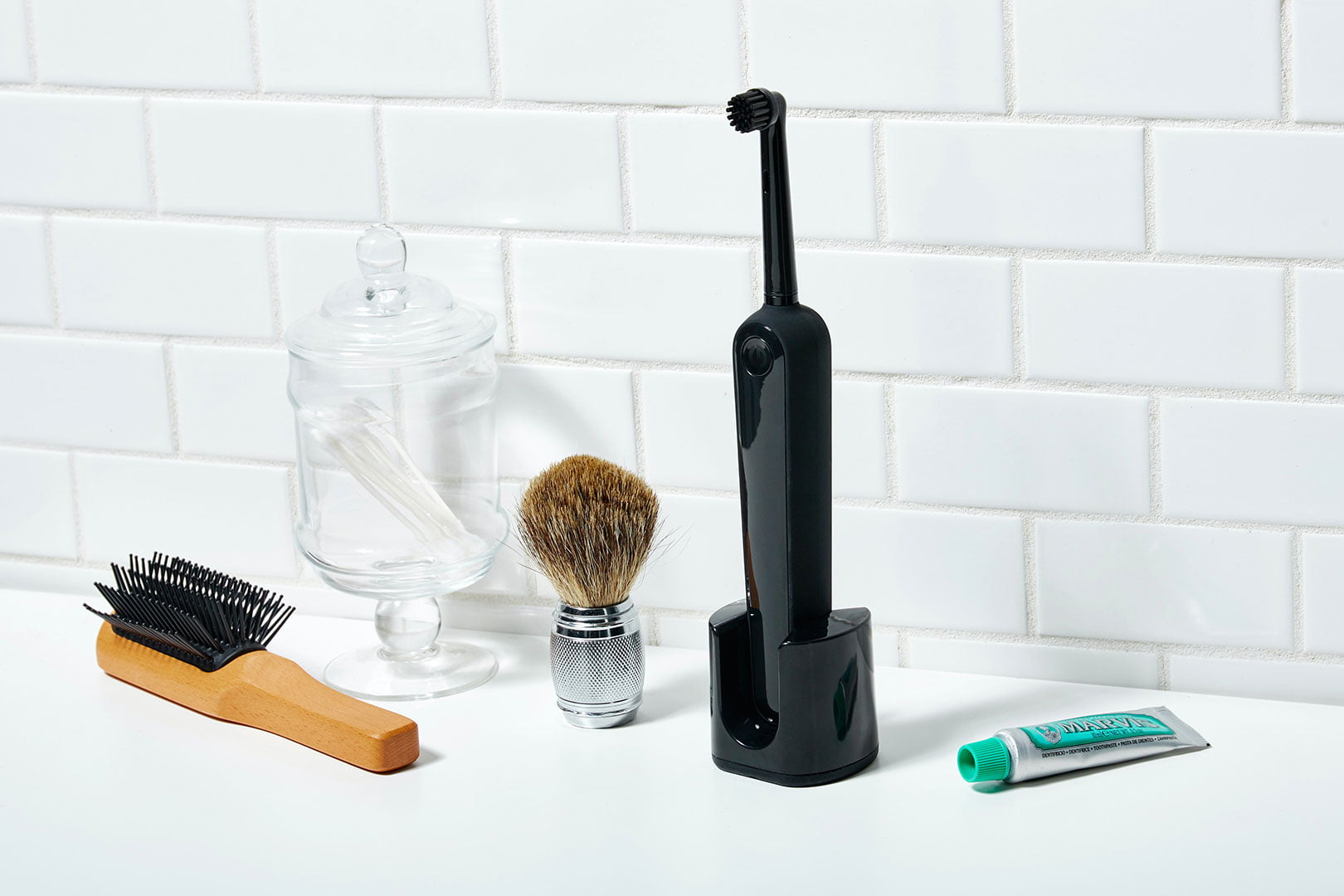
Gum disease is a common health issue. 70% of Canadians will develop it during their lifetime.
When plaque builds up on our teeth, it hardens into tartar (calculus) which harbors bacteria. At the early stages this is known as gingivitis (bleeding gums), which is reversible with good oral care.
But in 70% of adults, our immune system “over responds” to these bacteria that are present and starts to destroy the bone support around the teeth. This is usually asymptomatic until later stages of the disease, when you will notice teeth become loose and abscess, necessitating extractions.
Brushing your teeth at least twice a day and flossing at least once is key to preventing gum inflammation. All sides of the teeth should be brushed: the tongue side, cheek side, and the tops that chew food. Brushing your tongue is recommended for removing bacteria and keeping your breath smelling fresh. Professional cleanings at your dental office are also important for removal of built-up tartar under the gums. At these visits the dentist and hygienist thoroughly check your teeth and do gum measurements to monitor pocket depth and recession. It is much easier to treat gum disease at the early stages than later on when teeth have already lost bone around them.
It is important to know that gum disease isn’t your fault. It is not something that just happens if you don’t floss! Some people are at higher risk genetically for gum disease (have your parents lost their teeth at a young age?) and others with health conditions like diabetes or rheumatoid arthritis are at higher risk. Having gum disease and active inflammation in your mouth can also even lead to poorly controlled blood sugars.
If you are concerned about your health situation, speak with your dentist about your risk of developing gum disease.
Are electric toothbrushes better than regular, manual ones?
The short answer is YES, and we highly recommend getting one!
There are numerous studies that have researched the benefits of electric toothbrushes over manual ones. A recent study in the International Dental Journal found that oscillating-rotating electric toothbrushes with micro-vibrations significantly reduced plaque compared to a manual toothbrush.
As people live longer and dental science improves, more people are retaining their teeth longer. An 11-year study, published in the journal of Clinical Periodontology, found that those participants that used electric-powered toothbrushes had less gum disease progression and retained 19.5 percent more teeth than those using a manual brush.
It’s important to always use a toothbrush or brush head with soft bristles which are less likely to damage gums and enamel, and change the brush head every 3 months.
Types of electric toothbrushes
There are now many types of electric toothbrushes on the market, but the two main types are sonic or vibrational and oscillating electric.
Sonic or vibrational electric toothbrushes have a similar-looking head to a manual brush, but the bristles vibrate at a high frequency side-to-side to clean the teeth. As the bristles don’t rotate, it’s important to actively move the brush in the same way as you would with a traditional toothbrush. An example of this type of brush would be the Sonicare.
Oscillating electric toothbrushes have small, round brush heads which rotate at high speeds up to 7,500 brushes per minute to remove plaque and bacteria off the teeth. Smaller brush heads are better at cleaning hard-to-reach areas in the mouth and only need to be moved gently from tooth to tooth. An example of this type of brush would be the Oral B electric brush.
Features of electric toothbrushes which help keep your teeth sparkling
Electric toothbrushes now have a number of features that make brushing well easier, especially for those with mobility issues.
Timers: Most people don’t spend enough time brushing their teeth, but thankfully modern technology is helping with that. Some electric toothbrushes have two-minute timers to ensure you’re brushing for long enough or will buzz every 30 seconds to alert you to move to another part of your mouth.
Pressure sensors: For people who are scrubbing their teeth too hard which can wear down the enamel, pressure sensors on electric toothbrushes can alert the user when they are overdoing it.
Easy to replace: Toothbrushes or brush heads for electric toothbrushes must be replaced regularly. This should be done at least every three months or when the bristles begin to fray and splay open, which means the brush isn’t effectively cleaning under the gum line. Some companies even send replacement brush heads every three months to remind you. Electric toothbrushes produce less plastic waste though, as only the head is replaced rather than the entire brush.
Toothbrushes that are helpful for seniors, children, and people with disabilities
Electric toothbrushes can be especially beneficial for seniors, those with arthritis or a physical disability, or other mobility issues in their arms and hands. The handles are usually larger and easier to hold, and the brush head does the work of manually brushing.
Young children may also benefit from kid-friendly electric toothbrushes that encourage good dental hygiene with music and timers. The Canadian Dental Association (CDA) recommends that parents brush their children’s teeth for them until they are able to write their own names.
With all these options, it may be difficult to know which electric toothbrush to choose. The CDA lists on their website toothbrushes that receive their seal of approval. The oral health claims for these products have been reviewed and are supported by scientific evidence. It can be useful to check this list for approved products.
Electric toothbrushes and you
Do you use an electric toothbrush? Do you have any questions about preventing or managing gum disease? We’d love to hear your questions and feedback in the comment section below.
